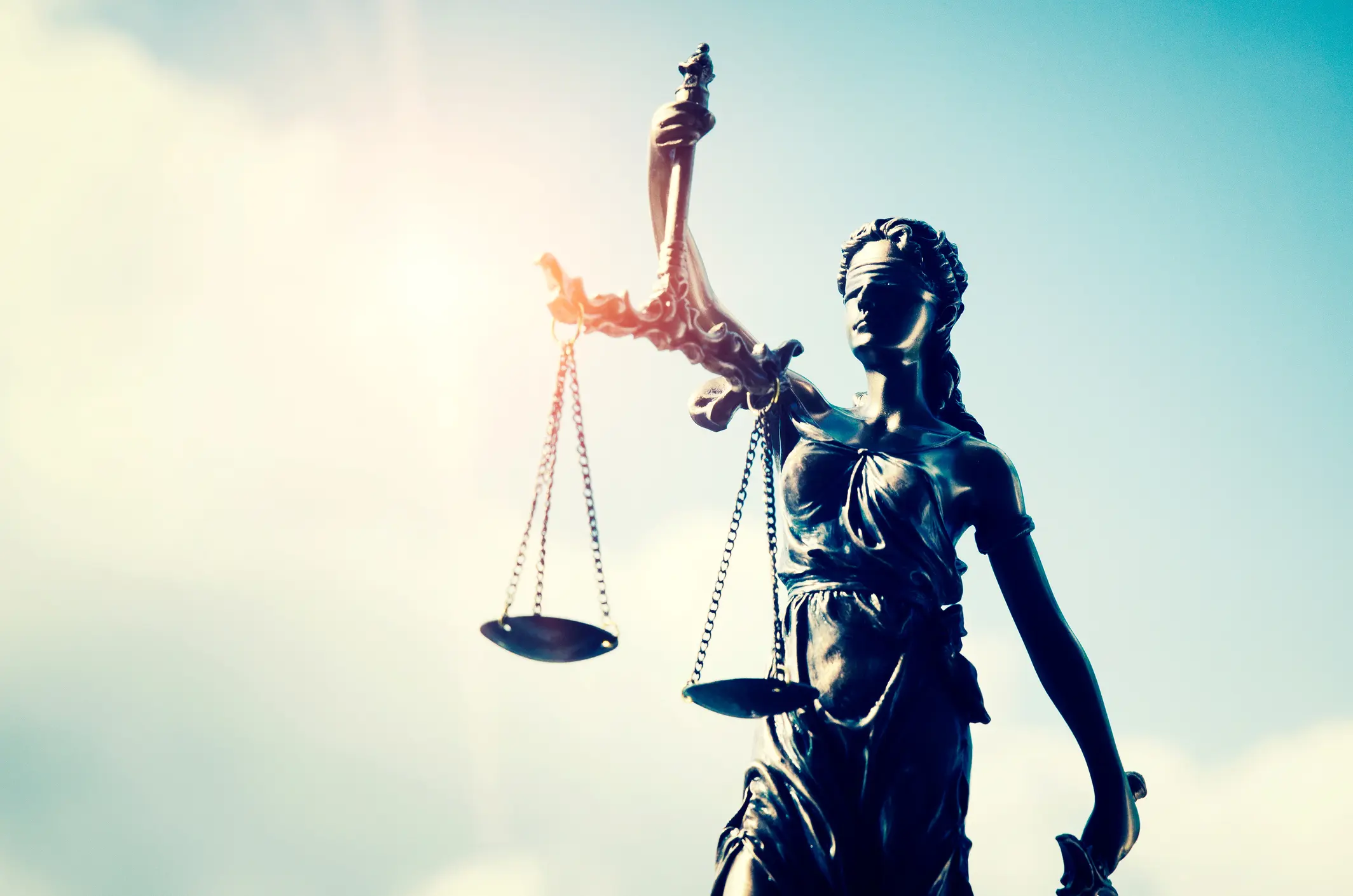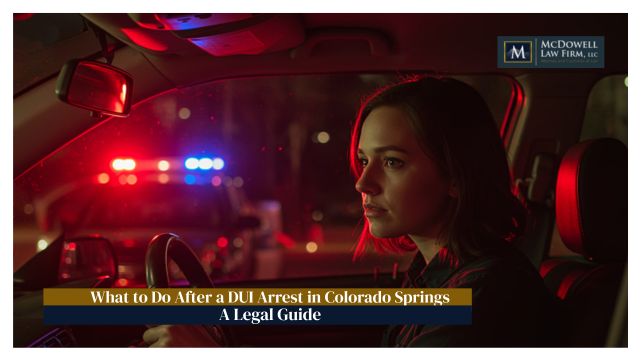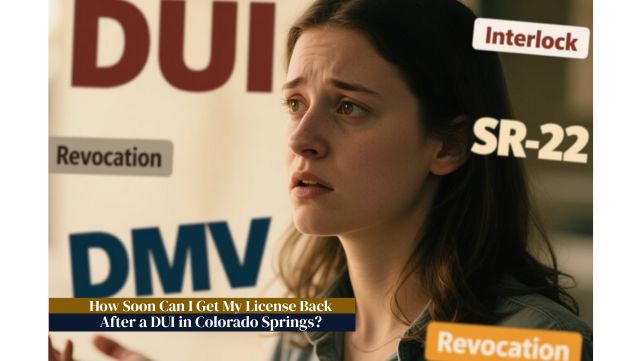Facing criminal charges is one of the most unsettling experiences you can go through. The moment someone reports you for a crime, a legal machine begins to move — and it’s critical to know what happens next.
In Colorado, law enforcement will investigate the complaint, and if there is probable cause, the case moves to a prosecutor. From there, you could be looking at a summons, an arrest warrant, or even an indictment. In traffic and misdemeanor cases, police will often write you with a summons or ticket with a court date. Understanding this process is essential to protect your rights and prepare for what’s ahead.
Let’s break it all down.
What Does It Really Mean to “Press Charges”?
Despite popular belief, the victim of a crime doesn’t actually have the power to press charges themselves. In Colorado, only the government—can file criminal charges.
Here’s how it works:
- A victim or witness reports the crime to law enforcement.
- Police investigate, collect evidence, and build a case file.
- If officers believe they have enough, they pass the case to the District Attorney’s office.
- Prosecutors then review the evidence and decide if formal charges should be filed.
Even if the alleged victim later wants to drop the case, prosecutors can still move forward if they believe the evidence supports a conviction. On the flip side, prosecutors can decline to file charges even if the police submit the case.
- Prosecutors make charging decisions — not victims.
- Victims can still play an important role by providing testimony and impact statements.
- Some cases, such as domestic violence, are subject to mandatory arrest policies, meaning police must make an arrest even if the victim is unwilling to press charges.
- Occasionally, in minor cases, police will ask parties, “Do they want to press charges?” This is a way that a police officer can use their discretion in participating with the alleged victim to determine whether the case is worthwhile to file.
Who Can Report a Crime?
Anyone — victim, witness, or even an uninvolved third party — can report a crime. However, only law enforcement and prosecutors decide whether it moves forward to charges.
Even if you’re involved in a crime indirectly, like being in the wrong place at the wrong time, it’s police and prosecutors who control the path forward.
Also, keep in mind:
- If police personally witness a crime, they can arrest you on the spot.
- In Colorado domestic violence cases, state law requires police to make an arrest if there’s probable cause.
Filing a police report is the first step. Pressing charges comes later, and only if prosecutors find legal grounds.
What Happens If You’re Accused?
Once a case is passed to the prosecutor, you could face:
- An arrest, especially for serious offenses.
- A summons, which is a notice to appear in court.
- An investigation, which may continue while you remain free.
If you’re arrested, you might remain in custody until a bond hearing. Judges will consider:
- The severity of the offense.
- Your criminal history.
- Whether you’re a flight risk.
Even if you aren’t immediately arrested, prosecutors can file charges later based on new evidence.
Tip: Do not ignore a court summons. Missing your court date could result in an arrest warrant.
Can You Go to Jail if Someone Presses Charges?
It depends. Jail time can come at two points:
- Before trial, if you’re denied bail.
- After conviction, if you’re found guilty.
In Colorado:
- Misdemeanors may result in probation, fines, or short jail sentences.
- Felonies carry harsher penalties, including lengthy prison terms.
- Alternative sentencing, such as plea deals or diversion programs, may be available.
Hiring an experienced defense attorney early can make a huge difference in reducing or avoiding jail time.
Who Really Decides to Press Charges?
Let’s clarify this common confusion:
- Police collect evidence and recommend charges.
- Prosecutors make the final call on whether charges are filed.
- Judges ensure the legal process is fair and constitutional.
Police do not press charges — even if they arrest you, it’s the prosecutor who decides what, if any, charges are formally pursued.
Can a Prosecutor Decline to File Charges?
Yes. Prosecutors regularly decline cases if:
- Evidence is insufficient.
- Witnesses refuse to cooperate.
- The likelihood of conviction is low.
- Pursuing the case does not serve public interest.
However, new evidence can later change a decision. Prosecutors have discretion, and just because a case is declined once doesn’t mean it’s gone forever.
Understanding the Court Process in Colorado
Once charges are filed, the court process begins:
- Arraignment — You hear the charges and enter a plea (guilty, not guilty, or no contest).
- Pre-trial Hearings — Your attorney can challenge evidence or file motions.
- Trial — If no plea deal is reached, the case goes before a judge or jury.
- Sentencing — If convicted, penalties are imposed.
Your defense lawyer can negotiate with the prosecutor, seek dismissal, or push for a fair trial during plea negotiations before a trial.
What Happens During Trial?
During a trial, both sides present evidence and legal arguments. The prosecution must prove your guilt beyond a reasonable doubt. Your defense attorney at that time challenges evidence, questions witnesses, and presents counterarguments.
Trials include a series of steps, including jury selection, opening statements, witness testimonies, cross-examinations, and closing arguments. At the same time, the judge ensures legal procedures are followed. If the jury or judge finds you not guilty, you are free to go.
If the authority finds you guilty, the court proceeds to sentencing. The trial process can be complex, making legal representation essential for a strong defense.
Can You Appeal a Conviction?
Yes, if you believe there were legal errors in your trial, you have the right to appeal.
An appeal is not a new trial — the appellate court reviews your trial for mistakes. If successful, your conviction could be overturned, and you may get a new trial.
Timelines are tight for filing appeals, so act quickly with an attorney’s help.
Pressing Charges for Stealing: How Theft Cases Proceed?
Theft charges depend on the value of stolen property and intent. In Colorado Springs, petty theft involves items valued under $300, while felony theft applies to higher amounts. After a theft report, police investigate, gather evidence, and identify suspects. If substantial evidence exists, officers may arrest the accused or issue a summons for court.
Convictions can result in fines, probation, or jail time. Felony theft cases often lead to harsher penalties, including long-term imprisonment. Defendants can negotiate plea deals, challenge evidence, or seek reduced charges. A skilled attorney helps build a strong defense and navigate the legal process effectively.
What Happens When Someone Presses Charges Against You for Fighting?
Fighting or physical assault can result in misdemeanor or felony charges, depending on injuries and intent. Police respond to altercations by assessing the situation, interviewing witnesses, and collecting evidence. If officers determine a crime occurred, they may arrest those involved or refer the case to prosecutors.
Assault charges vary heavily based on severity. Minor fights may result in disorderly conduct or misdemeanor assault charges. Cases involving serious injuries, weapons, or repeated offenses often lead to felony charges. If you are convicted, it may result in fines, probation, or jail sentences.
You can influence the legal outcome through an affirmative self-defense claim, or other applicable defense. A strong, aggressive representation helps you present a strong case. You can challenge evidence and negotiate possible plea deals or dismissals.
Do I Need a Criminal Defense Attorney?
Facing criminal charges can be overwhelming and life-changing. The question is, what can a criminal defense attorney do here?
A skilled legal professional protects your rights, builds a strong defense, and guides you through the legal system. You risk severe penalties, including fines and jail time, without proper representation.
Hire an experienced lawyer to increase your chances of a favorable outcome. Below, we have explained what a criminal defense lawyer does in the following points:
Importance of Legal Representation
A criminal defense attorney ensures fair treatment in court. They understand legal procedures, challenge weak evidence, and negotiate better outcomes. You may face harsher penalties or wrongful convictions if your representation is weak. It’s an attorney who can protect your rights and fight for the best possible resolution in your case.
How a Lawyer Can Help Reduce or Dismiss Charges
An adept legal expert analyzes evidence, finds weaknesses, and challenges the prosecution’s case. They negotiate plea deals, argue for case dismissals, and seek reduced penalties. Strong legal representation can mean the difference between jail time and alternative sentencing. A lawyer’s expertise will significantly impact your case’s outcome.
Finding the Right Attorney for Your Case
Choosing the right lawyer requires research and assessment of experience. Look for attorneys specializing in criminal defense with strong track records. Seek client reviews, schedule consultations, and ask about case strategies. A knowledgeable, dedicated attorney provides the best defense and increases your chances of a successful legal outcome.
Facing criminal charges without an attorney is like stepping into a fight blindfolded. A skilled criminal defense attorney:
- Reviews the evidence against you.
- Challenges weak or unlawful evidence.
- Negotiates with prosecutors for reduced charges or dismissals.
- Represents you in court and protects your rights at every step.
The Colorado criminal justice system is complex and unforgiving. Having the right attorney can mean the difference between freedom and a harsh sentence.
Take Action Now: Call The McDowell Law Firm
At McDowell Law Firm, we know Colorado law inside and out. We’re dedicated to defending your rights, challenging unjust accusations, and fighting for the best possible outcome.
Don’t wait. The sooner you act, the stronger your defense.
Don’t risk your future! Consult McDowell Law Firm today and let our skilled criminal defense attorneys fight for you.





